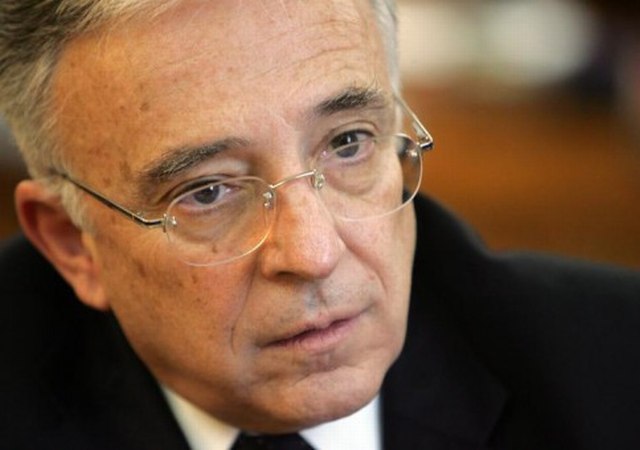Ten More Years to Join the Eurozone
Romania was initially supposed to join the eurozone in 2015, but this process may be postponed by up to ten years against the backdrop of the economic crisis, says the governor of the National Bank, Mugur Isarescu.

Mihai Pelin, 12.12.2013, 13:25
Romania needs another ten years to reach 60% of the average GDP per capita in the European Union followed by a period of political stability in order to be able to adopt the euro, says the National Bank governor Mugur Isarescu. He explained Romania also needs to ensure a sufficiently high GDP per capita in Purchasing Power Standards in relation to the EU average.
In 2012, this figure stood in Romania at 49% of the EU average, as compared to Estonia’s 67% when it joined the eurozone in 2011 and Latvia’s 58%, a country which will adopt the euro in 2014. In Mr. Isarescu’s opinion, Romania still has to make some considerable progress in the area of structural reform, including the restructuring of state companies, improving the flexibility of its labour market and finalising the process of price liberalisation, in keeping with the timetable established by the government with the International Monetary Fund and the European Commission. Thus, energy prices are due to be liberalised between 2014 and 2017, and gas prices between 2016 and 2018.
The National Bank governor also says Romania has made significant progress in meeting its convergence criteria, with the exception of the inflation rate and the long-term interest rates, which are still above the levels established in Maastricht but are expected to reach the required levels next year. On the other hand, Mugur Isarescu warns that allowing a high budget deficit to encourage economic development will only make it more difficult for Romania to correct it, as it will unavoidably have to at some point. Another problem facing Romania is the presence of foreign capital in the financial sector. Mugur Isarescu explains:
Mugur Isarescu: “We had to achieve fiscal consolidation and have done so, the process cannot be stopped. On the other hand, because of the eurozone crisis, we must also reduce the exposure of banks with foreign capital to risks. This may be too much and it will be difficult for the Romanian economy to deal with these two processes.”
Mugur Isarescu pointed out that of the ten states that joined the EU after 2004 only five have adopted or are about to adopt the euro, namely Slovenia, in 2007, Slovakia, in 2009, Estonia in 2011, Latvia, in 2014, and Lithuania, in 2015. On the other hand, Bulgaria, the Czech Republic, Hungary, Poland and Romania have postponed their target dates. According to the timetable established in 2007, when Romania joined the European Union, the country was to adopt the euro in 2015. However, because of the financial crisis of 2008, this date has been postponed.






























